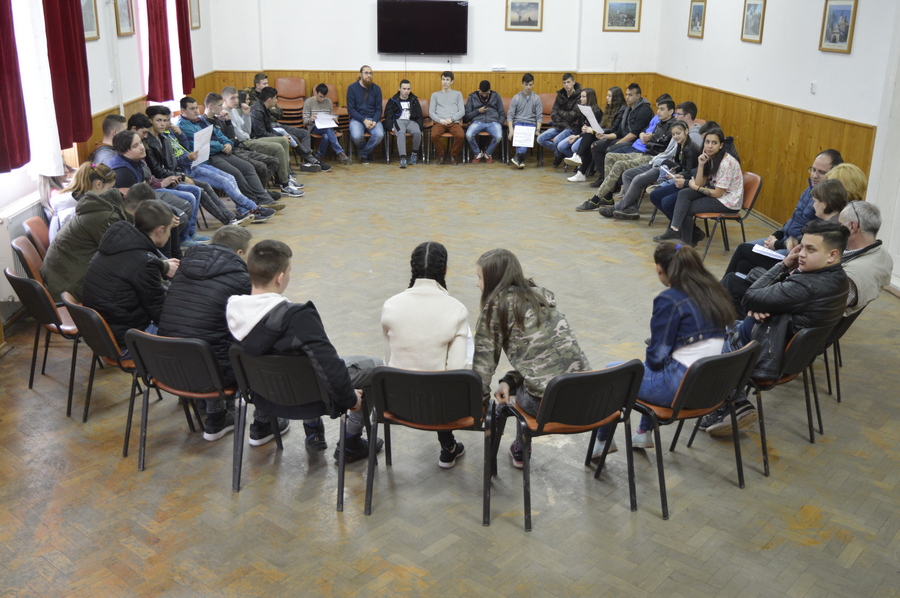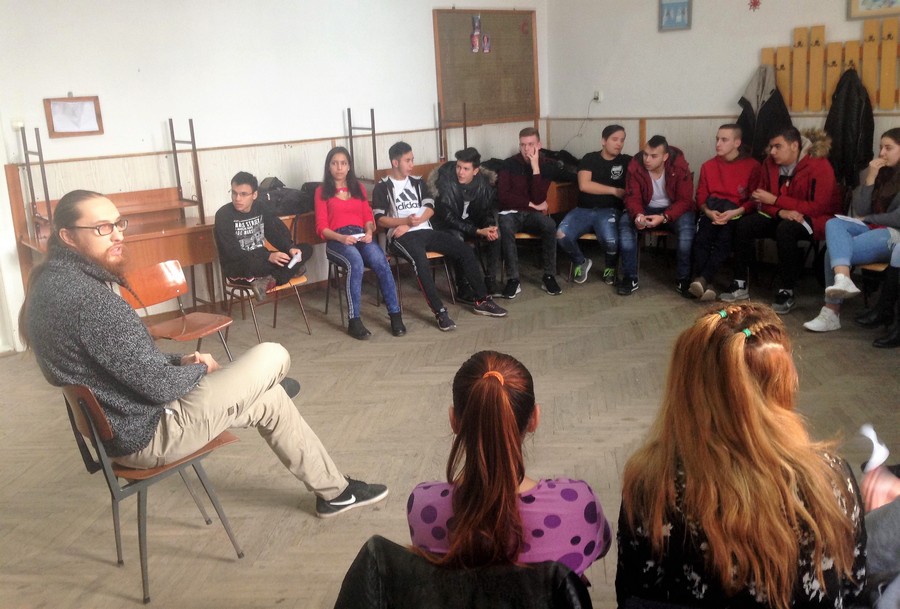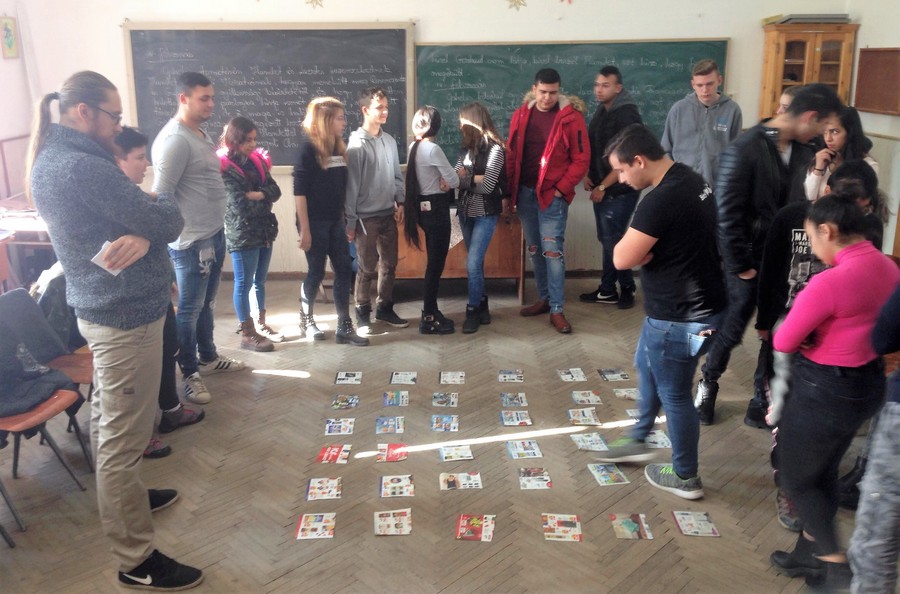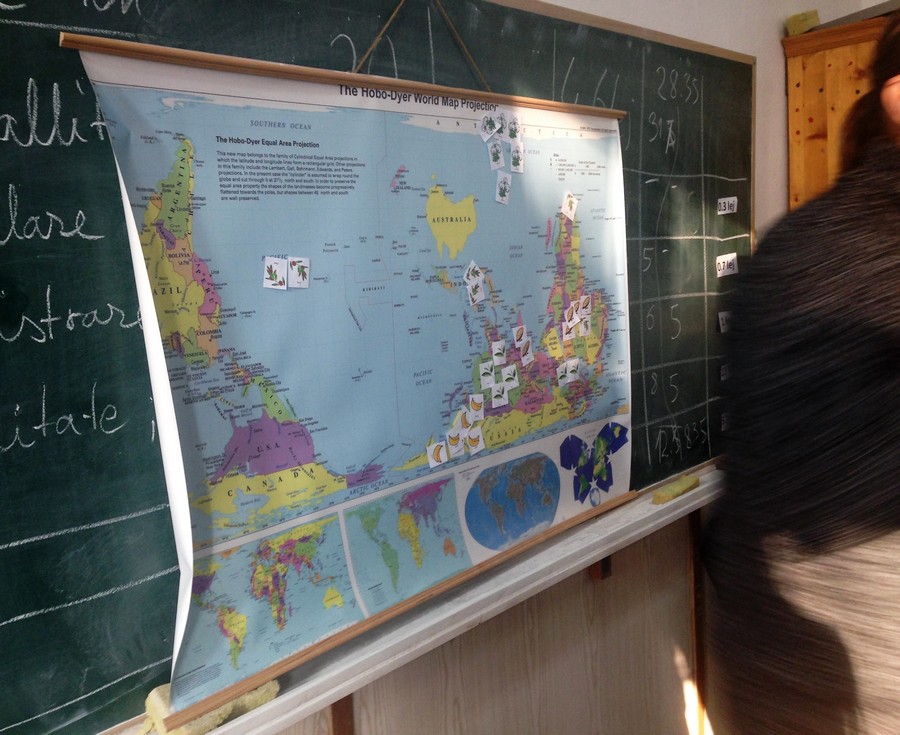
04Apr
Non-formal lessons in Romania
- Posted By: Try Project
- Comments: 0
- Categories: Bez kategorii
The TRY project Non-Formal Learning Approaches and Self-Management Practices started in July 2017. Within the framework of this program, two teams from the Youth Association Transylvania visited the Zeyk Domokos Vocational Highschool in order to provide students with extraordinary lessons using non-formal education methods.
The lessons are part of a program with Poland and Portugal within an Erasmus+ Strategic Partnership, involving teachers, trainers, youth leaders, young people, and staff, and which is far from premature. From Cristuru Secuiesc the partners are us, the Youth Association from Transylvania, the Municipality of the town and the Zeyk Domokos Vocational School. Our common goal is to improve and develop the quality of vocational training by using non-formal education methods, to improve the quality of students’ skills and to gain practical knowledge.
 Several international meetings, trainings, researches and long preparations preceded the activities held in the school on 18-19 February 2019, which can finally be said to have been successfully completed.
Several international meetings, trainings, researches and long preparations preceded the activities held in the school on 18-19 February 2019, which can finally be said to have been successfully completed.
The first day’s sessions were organized around a specific theme, the coffee trade. Thanks to the well-chosen theme, the teenagers were enthusiastically connected to the modeled market situation in which the various economic actors in the process of growing the coffee bean, the product on the shelf, had to take part and stand up for their own interests. In the constructed business situation, the development of vitality, advocacy, empathy, thinking in context, and effective teamwork have also been emphasized.
In addition, they have acquired knowledge such as getting to know the fair trade terminology, seeing economic-production processes, or the place of origin of food items and the conditions for their production. After a long negotiation and finally a compromise, a common discussion and an assessment of the occupation took place.

On the second day, students could participate in a more informal session. Despite the lack of thematic determination, many skills were developed on this day. The classes took part in a mine-mining game, set up by an imaginary minefield. During the game, the greatest emphasis was certainly on team building, but the skills of memory, monitoring, focusing and discipline were undoubtedly affected.
After the successful solution of the mine-mining game, the participants actively helped each other to meet the requirements without exception. After completing the task, both classes were open to share the experiences of the game, and their feelings and lessons learned were easily placed in the context of everyday life.

The last session was held on the 6th of March which included both classes, almost 50 students and 5 teachers and lasted the duration of 2 classes. It was organized in the festive hall of the school and was a world café debate in 8 different groups and themes regarding the management, sustainability and democratic practices in the school. In the first hour the group debate took up all the time while in the second hour the outcomes were discussed in plenary and reflected upon. It was an eye opening session both for students and teachers.
The sessions were followed by interviews with teachers and some students, which will greatly help the progress of the project, as well as the observations and experiences recorded during the lesson.
Follow our website, www.ata-ro.eu or our page https://www.facebook.com/ata.ong/ to get updates on how this project progresses and for instructions on how to get involved in the project.